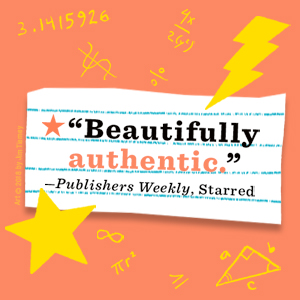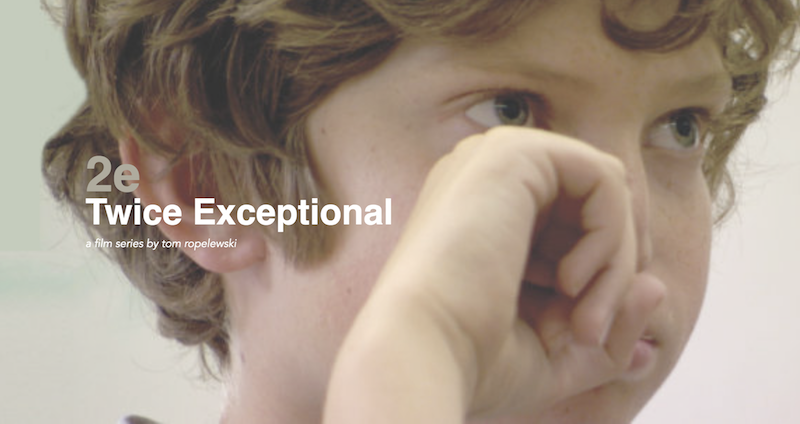Tag: twice-exceptional
-

Review: Getting gifted homeschoolers (almost) right
As a teacher of gifted learners, I am always interested in how they are portrayed in kids’ books. Generations of smart kids had to see themselves portrayed as clueless, clumsy, antisocial idiot savants. The Miscalculations of Lightning Girl avoids almost all the tired all tropes.
-

2e: Twice Exceptional Movie Review
2e: Twice Exceptional is a low-budget documentary with heart. There’s nothing fancy about this peek into the lives of twice-exceptional teens, their parents, and their teachers. But just the existence of this documentary is revolutionary enough. 2e? The average reader’s first question is obvious: 2e? What’s that? I wrote a long discourse on the topic…